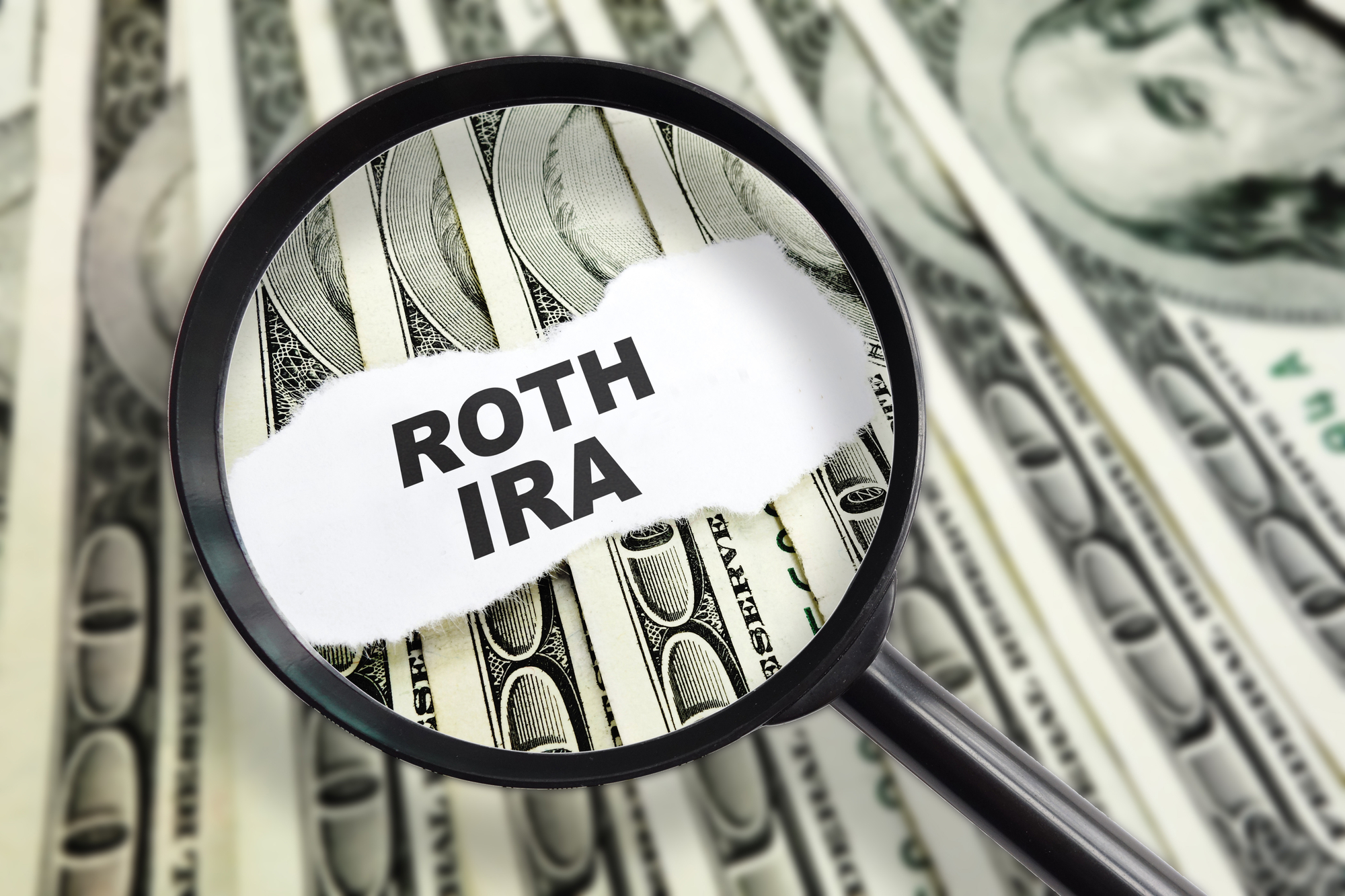Wow, I cannot believe it is November already. This means the winter holidays are approaching, cooler weather is coming and so is the end of the tax year. Following is a list of items to consider when wrapping up the year:
Continue readingWhat Do Women Want In Finance?
According to the Forbes article, “The Four Things Women Want (in Financial Services),” women want the following: – more confidence with their finances, more convenience, better communication, and better collaboration.
Continue readingThe FIRE Movement – Or choices?
Let’s start with what FIRE stands for—Financial Independence, Retire Early. Isn’t this what everyone wants? I have a theory about how this movement started. There has been a lot of research in the financial planning space and trying to figure out how much you need in investment assets and how much you can take out over the course of your retirement (safe withdrawal rate) without running out of money.
Continue readingHow to Choose a Self-Employed Retirement Plan
The first step to deciding which retirement plan to choose for your self-employment income is figuring out the amount that you think you will be able to contribute. From that point, then you can choose which vehicle may work best for you.
Continue readingWhat is Tax Planning?
Tax planning is considering your whole situation and making any necessary changes or decisions before the tax year is complete. Think of it as forward looking. When you prepare your tax return, you are looking backwards at things that have already happened and figuring out any credits or deductions that you can take based on things you cannot change.
Continue readingEstate Plans: Not Just for the Wealthy
There are several misconceptions about estate planning. For instance, many people think you need to be ultra-wealthy to create one, or that they are only relevant to parents with young kids and senior citizens.
Continue readingHSAs as a Supplement to Retirement Savings
Health Savings Accounts (HSA’s) are not a new thing, but many people still are not that familiar with how they work. Flex Spending Accounts (FSA’s) are still around and there is still confusion between the two because they do have similarities. One of the biggest differences between the two types of accounts is that the HSA does not have to be used by a specific time. (With FSA’s you have specific time to use the money for medical expenses or you lose it).
Continue readingIRA Beneficiary Designations
As you may know, the Secure Act put an end to the Stretch IRA. The stretch IRA is the ability to stretch the IRA distributions over the beneficiaries’ lifetime. Let us look at the new rules to see how this may impact your current situation.
Continue readingROTH IRA’s – Why the Hype?
There has been a lot of talk in the media recently about ROTH IRA’s, Backdoor ROTH IRA’s, and Mega Backdoor ROTH IRA’s? The biggest reason for this is because we are in such a low tax environment. Do we know what the tax landscape will look like when we need the money? No, but we do know that now we are dealing with low rates, and we can choose to pay these low rates and deal with what we do know.
Continue readingAre you self-employed? What are your retirement plan options?
You’ve built your business up and now you are at the point of having excess income and you think you should start saving some for retirement.
Continue reading










